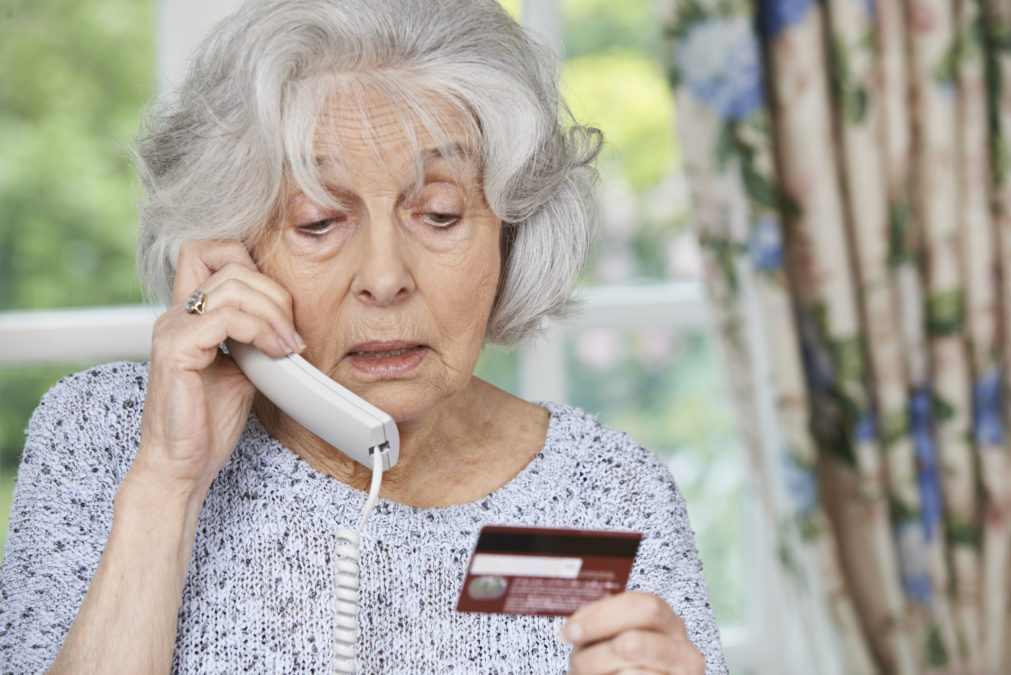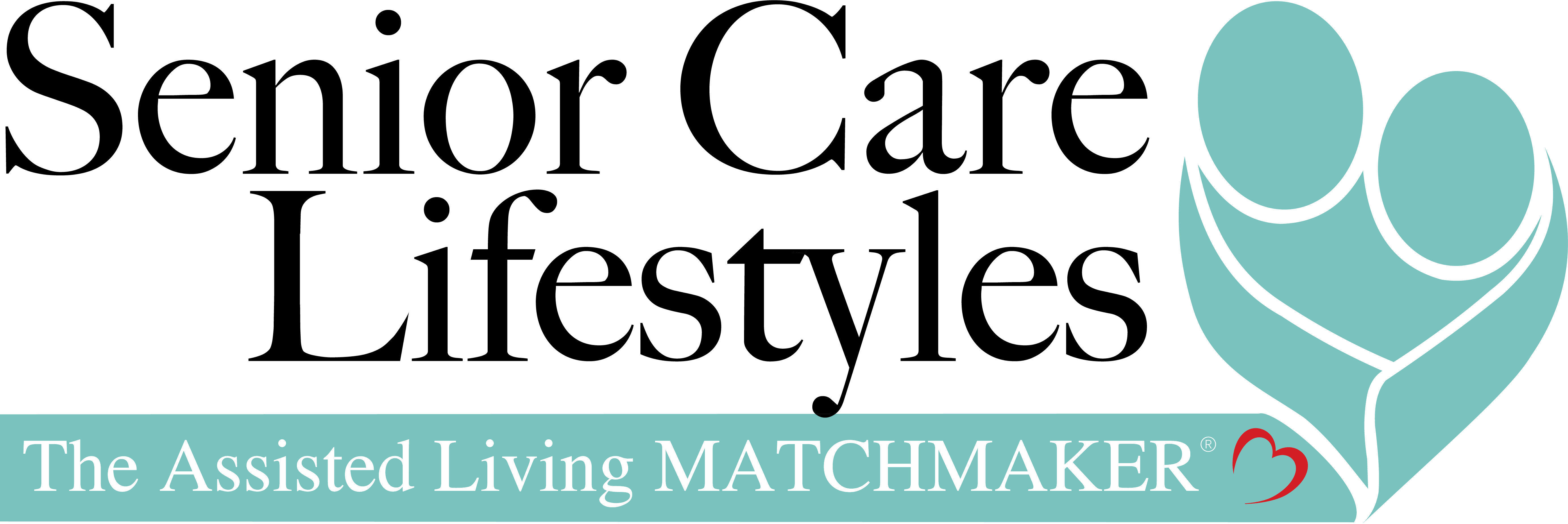- Serving, Baltimore, Harford, Howard, Anne Arundel and other surrounding counties.
- 410-977-3718
Protecting Seniors from Scams, Identity Theft and More

Seniors are an especially vulnerable part of the population when it comes to identity theft.
Overall, they tend to be less aware of the trends scam artists are trying, have an increased likelihood of using postal mail, and are more trusting of strangers than other generations, making it easier to steal their identity.
You can help protect yourself and those you love by understanding the varying types of identity theft, learning the precautions you can take, and knowing who you can turn to should you fall victim to an incident. Learn more about protecting Seniors from Identity Theft as you read, as well as more valuable information.
Identity theft is categorized by somebody pretending to be someone else in order to gain access to their finances, resources, or other benefits. This can occur by obtaining personal information such as a name, credit card number, or social security number. There are a few different types of identity thefts including: financial, criminal, social security/driver’s license, medical, and synthetic.
Financial Identity Theft
Financial identity theft occurs when someone gains access to your debit card, credit card, or bank account information and uses your money directly. Actions you can take to safeguard yourself include: running a regular credit report, shredding your personal information before tossing it out, stopping mail when you go on vacation, opting out of credit card solicitations by going to www.OptOutPreScreen.com, limiting the information you carry on you, being aware of phishing emails, and never giving out personal information to unsolicited e-mails.
Medical Identity Theft
Medical identity theft is when someone wants access to your medical benefits. This can be very dangerous as it can lead to inconsistencies in your medical history therefore putting you at risk of receiving the wrong treatment. Additionally, you can become fiscally responsible for someone else’s medical bills, or, even be denied coverage and claims. You can help to prevent this by paying close attention to the details listed on all medical records, bills, and invoices to make sure they correctly match up with what actually happened in your own experience.
Criminal Identity Theft
Criminal identity theft happens when somebody commits a crime using your identity. People most frequently learn about this when a background check reveals a record of criminal activity, or, when someone has a warrant out for their arrest. Try to protect yourself by shredding all personal information you intend to discard, being careful of who you allow into your home, and checking that your important documents are where they should be at least once a year.
Social Security and Driver’s License Theft
Social Security and Driver’s License theft is just as it sounds, someone uses your information from your social security number and driver’s license, usually in order to secure a job in your name therefore making you liable for their taxes. This can also put you at risk of having open lines of credit in your name making you responsible for that as well. Try using the same precautions listed for financial identity theft above to help protect yourself.
Synthetic Identity Theft
Lastly, there is synthetic identity theft. This type of identity theft involves creating an entirely new identity from someone’s social security number by combining a different name with altering biographical information about them to, in effect, create a whole new person. Warning signs to look out for include: unexpected denial of loans or credit, increased reportings or annual earnings, and mail sent to your home address but with the incorrect name.
If you feel you might be the victim of a type of identity theft there are resources out there to help you. Try one of the following non-profit or government resources:
- Identity Theft Resource Center can be reached at victims@idtheftcenter.org, or, toll free at 1-888-400-5530
- The 24 Hour ID Theft and Fraud hotline can be reached at 1-855-443-3489
- The Internet Crime Complaint Center website can be found at www.ic3.gov.
- Financial Crimes Enforcement Network can be found at www.fincen.gov
Try preventative measures to protect yourself and those seniors you love today. Remember, you are not to blame for identity theft. If you are a victim, turn to a professional to help you report the crime, figure out the damages, and restore your identity to a good standing as soon as possible.
Sources: Protecting Seniors from Identity Theft, Scams and Elder Abuse. Society of Certified Senior Advisors. 23 Jan. 2016. www.csa.us
BEWARE OF COMPUTER SCAMS!
Please do not accept phone calls or emails from anyone claiming to be from Microsoft telling you that a virus has taken over your computer!!! Hang up! They will try to scare you into allowing them to remote in to your computer through your home WIFI/router so they can fix it. If you let them, they will take all your information off your computer, then erase it, and will tell you that the only way to get it back is to give them a credit card number. You then become a victim of credit card fraud and possible identity theft if they stole personal information that you had on your computer; i.e. bank account numbers, social security numbers, etc. Please warn the seniors in your life, warn anyone who is vulnerable to scams!
Please do not accept phone calls or emails from anyone claiming to be from Microsoft telling you that a virus has taken over your computer!!! Hang up! They will try to scare you into allowing them to remote in to your computer through your home WIFI/router so they can fix it. If you let them, they will take all your information off your computer, then erase it, and will tell you that the only way to get it back is to give them a credit card number. You then become a victim of credit card fraud and possible identity theft if they stole personal information that you had on your computer; i.e. bank account numbers, social security numbers, etc. Please warn the seniors in your life, warn anyone who is vulnerable to scams!





